$39.00
Be the first to review this product
The Vixen style dovetail plate 140mm PLUS is designed to let you install telescopes or cameras on mounts with Vixen type clamp or photographic heads with Arca Swiss type clamp. This Vixen plate is 140mm long and, not only it comes with central threaded holed and slots, but also threaded holes to connect to other PLUS mechanical components such as support...
$74.00
Be the first to review this product
The Losmandy style dovetail plate 240mm PLUS is designed to let you install your telescopes on mounts with this plate. This dovetail plate is 240mm long and is useful for installing medium dimensions telescopes (such as refractors up to 130mm and reflectors up to 200mm in diameter) on mounts with Losmandy plate (as the SkyWatcher AZ-EQ6, or EQ8). Like all...
$79.00
Be the first to review this product
ECCO is completely metal built and, for this reason, it can also be used as a finder support by adding the optional "Finder support for ECCO". So you can install your finder or guide scope above ECCO instead of using guide rings (this is a perfect solution, for example, for small apochromatic refractors and very portable setups).
Be the first to review this product
The "Guide rings support plate for ECCO" allows you to install the "60mm CompactGuide scope with PLUS 80mm guide rings" (PLLCG60) on the ECCO on a standard Vixen style finder shoe. This way you can use the guide scope with an autoguide camera or also with an eyepiece as an optical finder.






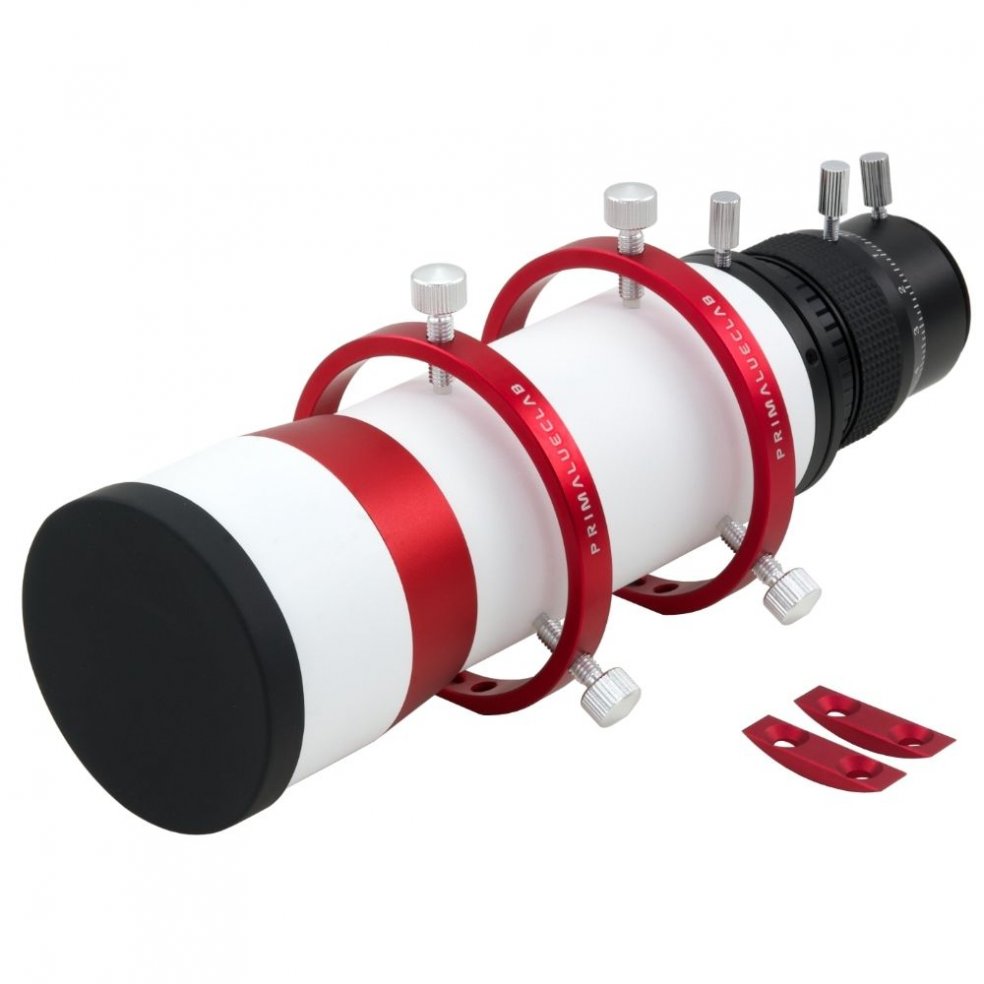
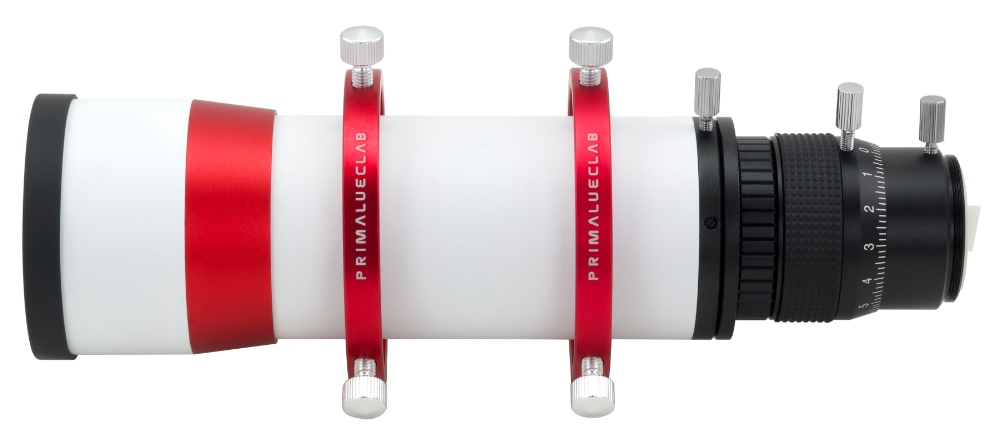
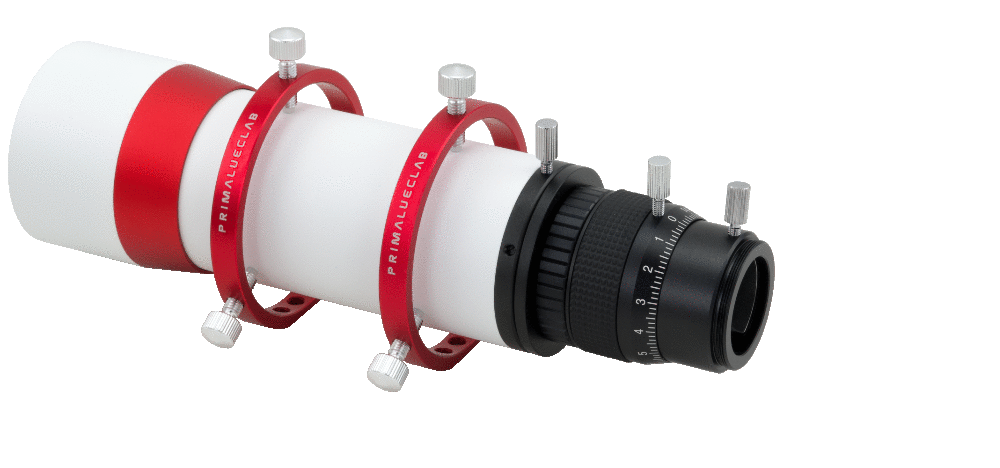
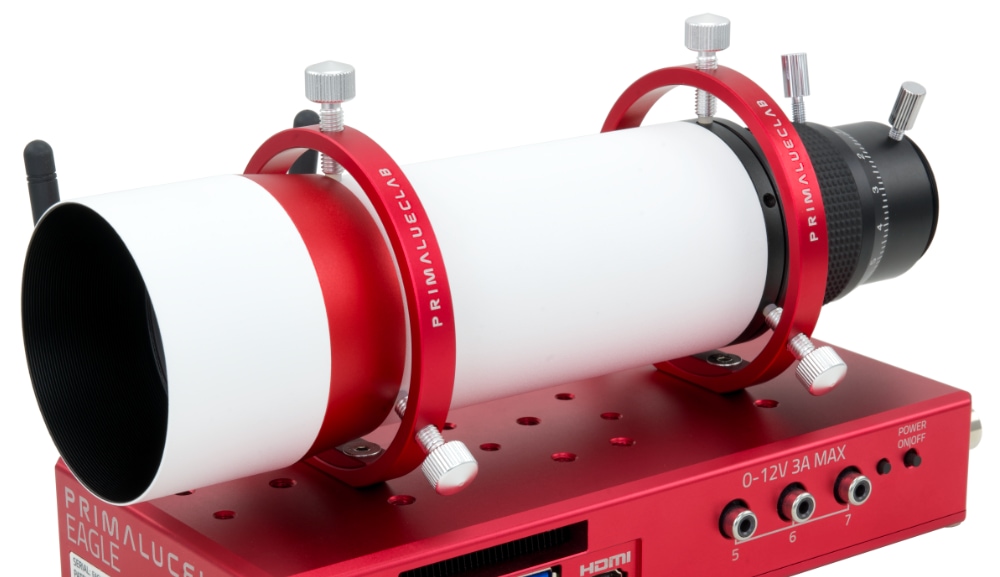
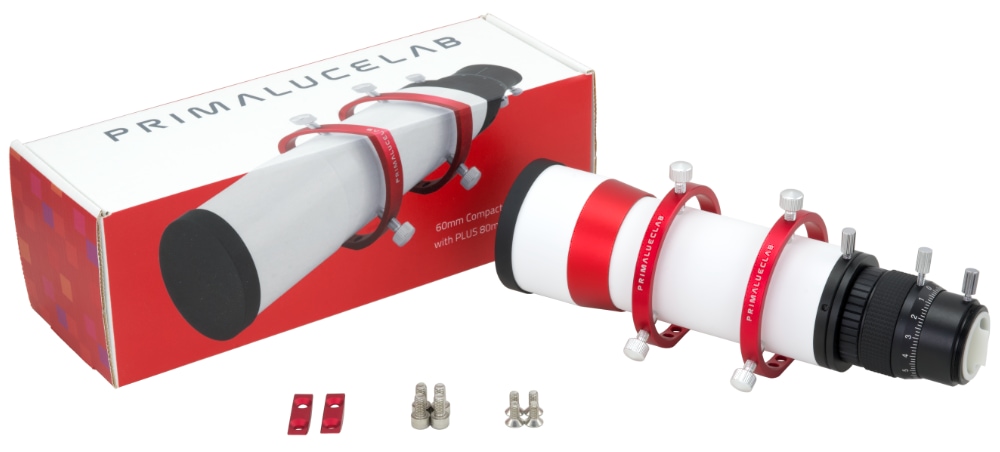




- very much like the convenience of the brighter stars compared to a 50mm finder
- can using just a normal eyepiece easily find targets directly onto a CCD image of only 25’ to 20’.
Using an 18mm ocular I look into the finder from a distance where the image narrows down to only its center. Then I observe that the finder body also aligns at the center of the PLUS Guide Rings. If the finder is aligned with the scope, whatever is in the finder, will appear in the image that I have set to exposure continuously for a few seconds on 3x3 binning and autostretch. If the target doesn't have any 'hopping starts' immediately to it, I use further out hopping stars normally, and then make sure that as I move backwards away from the finder the narrowing image centers on the targeted location. This is also the way I use to align the finder.